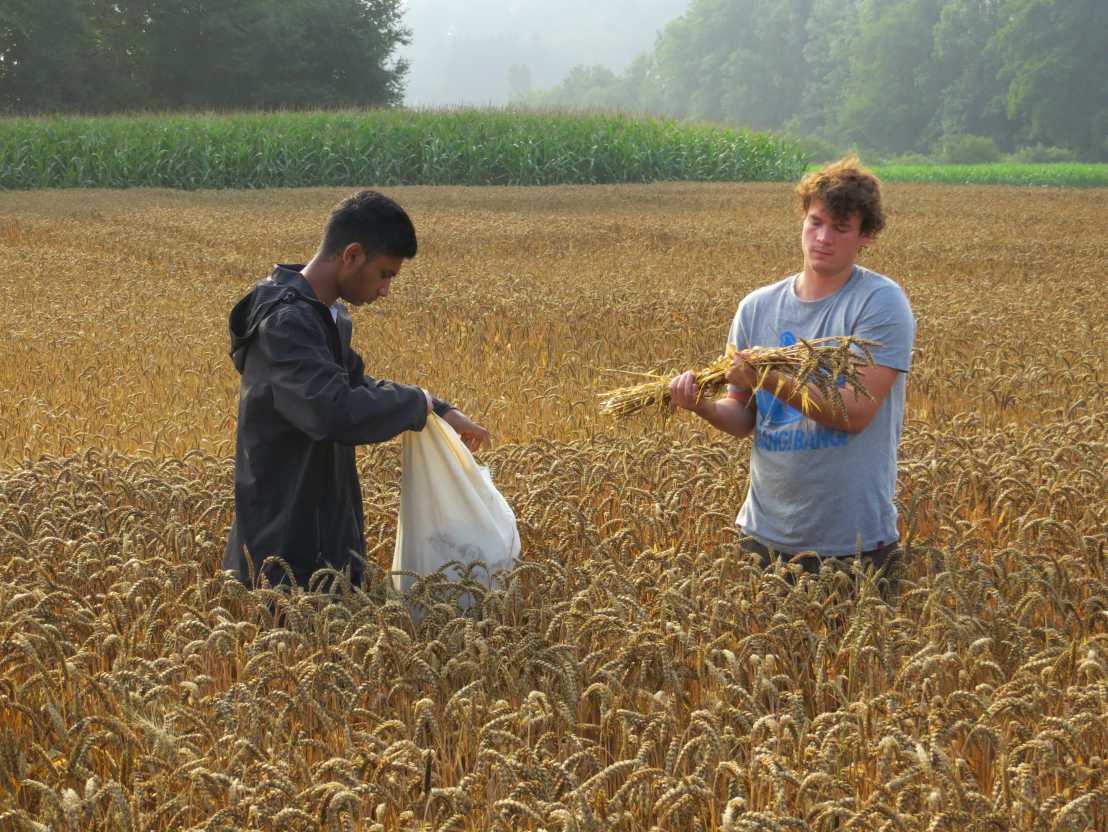New publication from ZOMM project
A new publication in Science of the Total Environment from the group of WFSC members Prof. Rainer Schulin, Soil Protection, and Prof. Emmanuel Frossard, Plant Nutrition, investigated methods to increase the amount of zinc in wheat grains.

Zinc deficiency is a global human malnutrition problem, with an estimated sixth of the world's population is at risk of inadequate zinc intake. The new study is part of the WFSC Research Program project “Zinc Biofortification of Wheat through Organic Matter Management in Sustainable Agriculture” (ZOMM), which investigates how organic matter can best be used in agricultural soil management to enhance the nutritional quality of wheat grains with respect to zinc density, while at the same time promoting soil fertility.
The new paper in Science of the Total Environment entitled "Green manure and long-term fertilization effects on soil zinc and cadmium availability and uptake by wheat (Triticum aestivum L.) at different growth stages" is written by a team of authors from ETH, Agroscope, and FiBL, with doctoral student Roman Grüter, Soil Protection, as first author. The team looked at the potential of green manure application to increase soil zinc availability and wheat grain zinc concentrations from fields with different long-term fertilizer management. What they found was that organic matter application increased available soil zinc. In addition, long-term farmyard manure application dominated wheat grain zinc concentrations, while clover green manure increased wheat yields but not grain zinc concentrations.
In total, the study revealed that both long- and short-term field management with organic matter alters soil Zn concentrations, but long-term effects dominate their uptake by wheat, in zinc sufficient soil.
Read the full article in Science of the Total Environment external pageherecall_made
The paper is an output of the WFSC Research Program project “Zinc Biofortification of Wheat through Organic Matter Management in Sustainable Agriculture” (ZOMM). For more information on the project, visit the project page.
